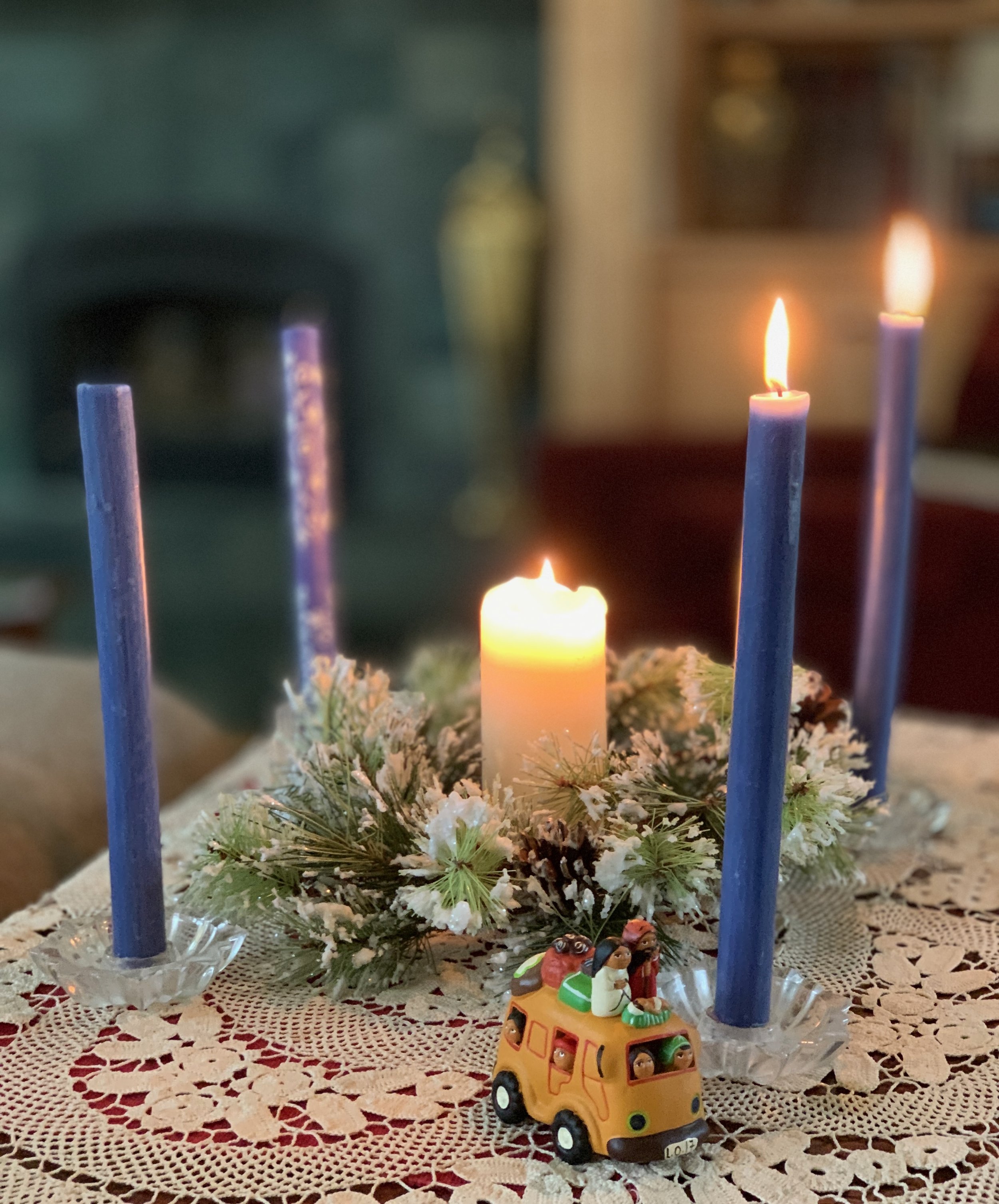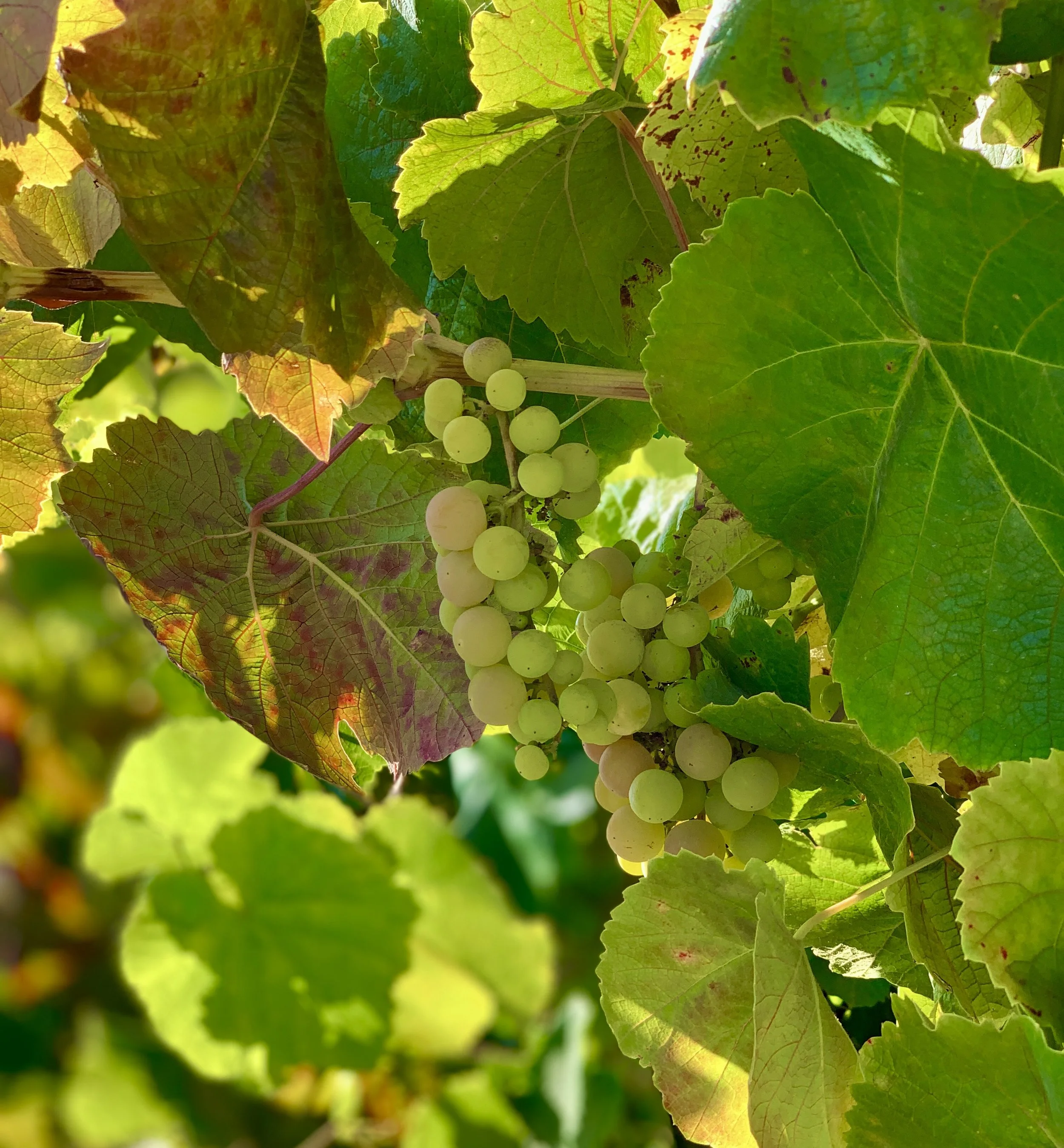Life Is Delightful
Even-mindedness is the doorway to real enthusiasm and compassion; it’s our entryway to delight and to play.
~Yogacharya Ellen Grace O'Brian
We can experience our lives as delightful! In the teachings of the spiritual practice of Yoga, we are told that there are four spiritual goals in life: to live our life in the highest and best way, to have pleasure in life, to have the prosperity that we need to live and contribute to the wellbeing of all in the highest way and the fourth goal is to be free, free from the mental ties that bring us down. Even-mindedness means we are not worried, angry, or expecting praise for work that we have done. It means we are content with our life and have faith that the choices we make and the actions we perform will bring us what we need and want and will ultimately serve the highest good. Our daily meditation practice, when practiced with intention and a smile, will bring even-mindedness and delight to our lives.







